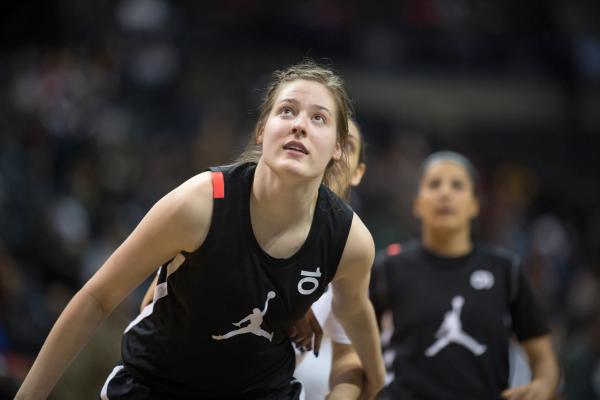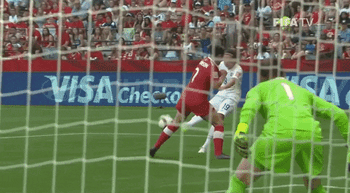The NCAA lost its Ninth Circuit appeal last week

The GIST: The NCAA took another L in its war against NIL last Thursday by losing its Ninth Circuit appeal to avoid paying out $4B in class action damages to eligible athletes, while the National Labor Relations Board resumes hearing a case today that could reclassify USC athletes as “professionals.” This is not amateur hour.
The context: The Ninth Circuit case, House v. NCAA, was filed in 2020 by three NCAA athletes, including TCU hooper Sedona Prince. In November 2023, it was deemed a class action lawsuit and now represents over 14.5K college athletes, arguing that the NCAA’s pre-2021 policy prohibiting NIL earnings entitles these athletes to back pay.
- However, the NCAA argued that the estimated $4B in lost NIL wages would be a “death knell” for the organization’s case, despite Power Five conferences alone reportedly bringing in around $7B in annual revenue. Huh.
The politics: By fighting the amateurism loophole, athletes are increasingly looking to be recognized as employees, which has inevitably led to union and professionalization talk. NIL is also being discussed in Congress, with a bipartisan divide developing — everyone applauded athletes profiting from their success, but employee status, union protections, and revenue-sharing are additional objectives from the left of the aisle.
Zooming out: Athletes know there’s a lot of money at the table, and they’re going to keep fighting — especially women student-athletes, who are seeking Title IX protections as the NIL space becomes increasingly codified. If they can get a legal win, the precedent could create a domino effect where athletes may actually earn what they make for their athletic programs. Pay them what you owe them.
Enjoying this article? Want more?

Sign up for The GIST and receive the latest women's sports business news straight to your inbox three times a week

